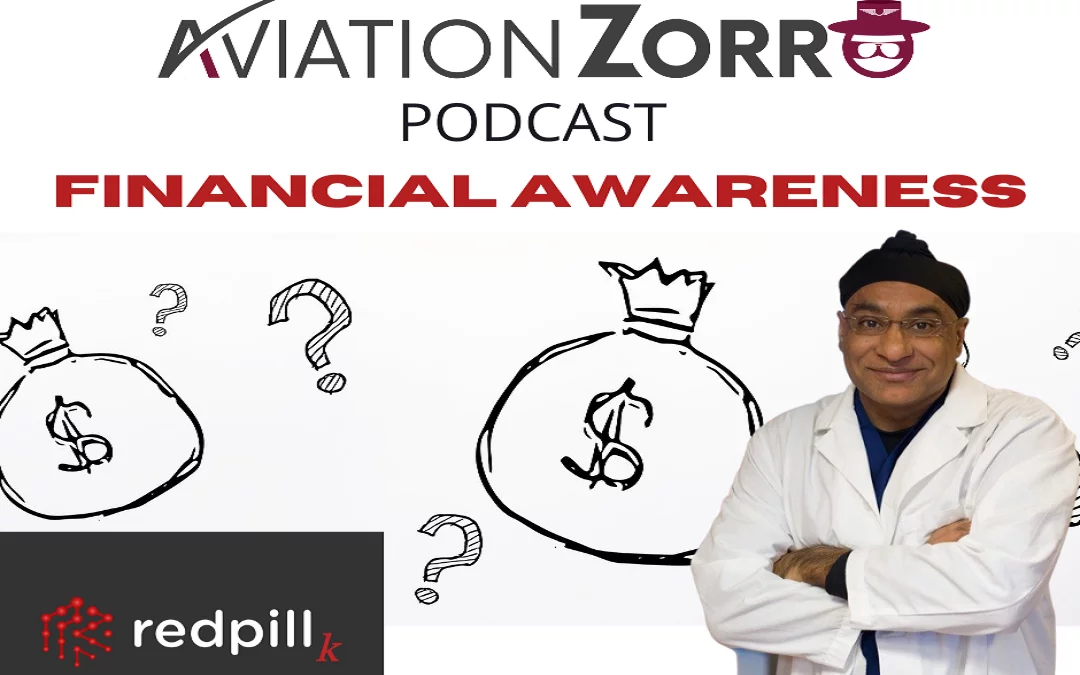That said, like any other investment channel, it has its pitfalls. These are some of the challenges facing the real estate industry in 2021:
1. Management Intensity
You do have the option of outsourcing management for a multifamily property. However, looking after such property is so intensive that it occasionally requires your personal intervention.
For instance, you will deal with multiple tenants, leases, maintenance jobs, tax issues, and even different payment options. Each tenant has a unique way of handling their lease and communicates differently.
Some tenants will treat the property with respect, while others will tear up the place, leaving you with hefty repair bills. You can avoid this by screening potential clients to ensure you lease the property to a responsible tenant.
Also, if one thing goes wrong in one unit, it will likely go wrong for other units as well. Such a situation translates to higher maintenance and repair bills.
Compare this to if you were dealing with a single-tenant leasing a 15,000 sq. ft. office space. Despite the size, it’s still just one tenant. Unlike residential properties, maintenance costs and obligations fall to the tenant and not the owner, making management less intensive.
On the flip side, dealing with a multifamily unit has its perks compared to managing separate single-family units. It is easy to hire one on- or off-site manager to oversee the complex with a multifamily property. Whereas with multiple rentals, you’d need several managers to do the same job.
2. Cost
It is an understatement to say the price for a multifamily property is hefty. In fact, this is one of the main challenges of property development. This causes many real estate investors to shy away from investing in this property type.
Investing in a multifamily property is also challenging for first-time investors who may not have the required amounts to make the down payment.
For example, a two-unit apartment in New York or San Francisco costs more than one million dollars. As an investor, banks will require you to raise at least 20% for a down payment. This amount translates to $200,000, which is an amount a new investor may not have.
The scenario is more challenging in a bull market because new investors compete against seasoned investors for the same property.
An advantage to this is that you are more likely to get approval for a multifamily unit loan rather than a single-family home. That’s because banks view multifamily properties as low risk.
If you are a first-time investor, you can qualify for an FHA loan if you opt to live in one unit within the multifamily property, as you rent out the rest. FHA loans require a small down payment compared to other loans.
If the rental income from the multifamily loan is enough to pay for the mortgage that means you will live rent-free. However, you might need to live at the property for at least one year for this to apply.
3. Competition
As mentioned, multifamily properties attract seasoned investors. The result is serious market competition, which shuts out budding investors.
Experienced investors have an advantage over the others as they can pay for these properties in cash. Moreover, they have the industry connections to effortlessly secure funding.
These investors are also more than willing to waive purchase contingencies like financing contingencies or paying for inspections. Combined, these factors make seasoned investors more appealing to sellers than new and inexperienced ones.
New investors should partner with experienced investors when they start investing in multifamily homes to stand a greater chance. The partnership offers an opportunity for a new investor to learn the ropes.
4. Regulations
Landlords for single-family units already deal with strict regulations, but they are worse for multifamily properties. Breaking any codes results in hefty fines and penalties.
Because of real estate issues during COVID, the federal government made some rules and regulations you must enforce, including social distancing rules to stop the pandemic.
Further, there are mandatory design standards, utility cost computation rules, and the federal government has regulations governing multifamily communities.
To avoid falling foul of these rules and regulations, ensure you research the federal and state laws and abide by them religiously.
5. Vacancies
It is not uncommon for multifamily properties to have vacancies for weeks or months at a time. If you are still paying a mortgage on the property, you will have to cover that cost on your own.
Renting out both sides of the complex ensures that you still have a rent collection of about 90%. With a single-family unit, months-long vacancies are costly and offer a collection rate of about 80%. If this continues for a couple of months, it will affect your overall profits.
6. Frequent Turnover
Generally, tenants in such properties are more temporary than other real estate types. Multifamily property tenants are typically first-time renters, and with time, they’ll want to move onto more family-friendly properties.
With an enlarged family, they’ll need a bigger space, a yard for their kids and dogs to play in, and a garage for their multiple cars.
Because of that, the average length for tenancy in a multifamily home is one-third of what you’d expect at a single-family property. So, if you’re looking for tenants to stay a little longer, a multifamily property is not the right fit for you.
You can also avoid having too many vacancies by offering a generally pleasant living experience.
Final Word
You may be wondering if multifamily properties are the right real estate investment to try out. Like any other real estate investment, this type of property investment is lucrative. That said, it comes with its own set of cons, like any other type of real estate.
The most prevalent real estate challenges of 2021 you will face include hefty initial investment, high maintenance requirements, and frequent tenant turnover, forcing you to search for new tenants frequently.
That said, it’s up to you to decide whether to invest in them. When you address most of the challenges listed above, the multifamily property is one of the best investments.





